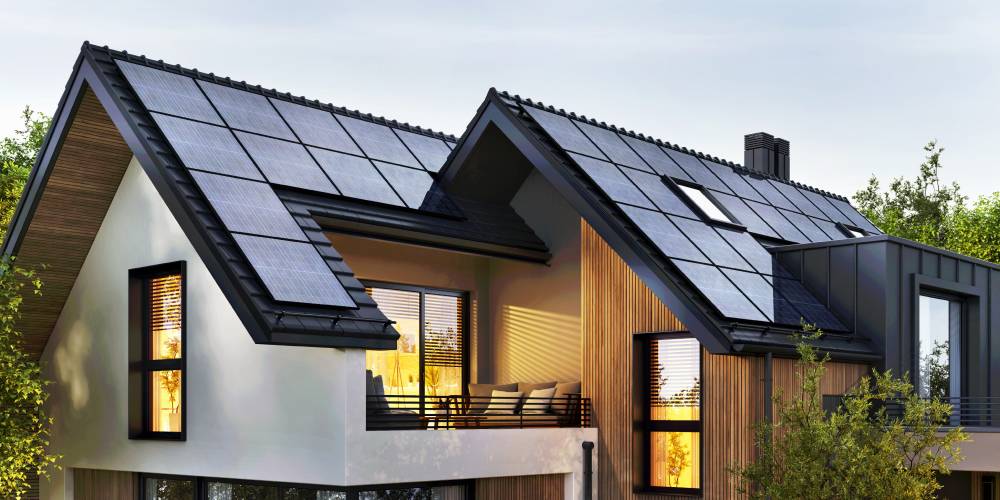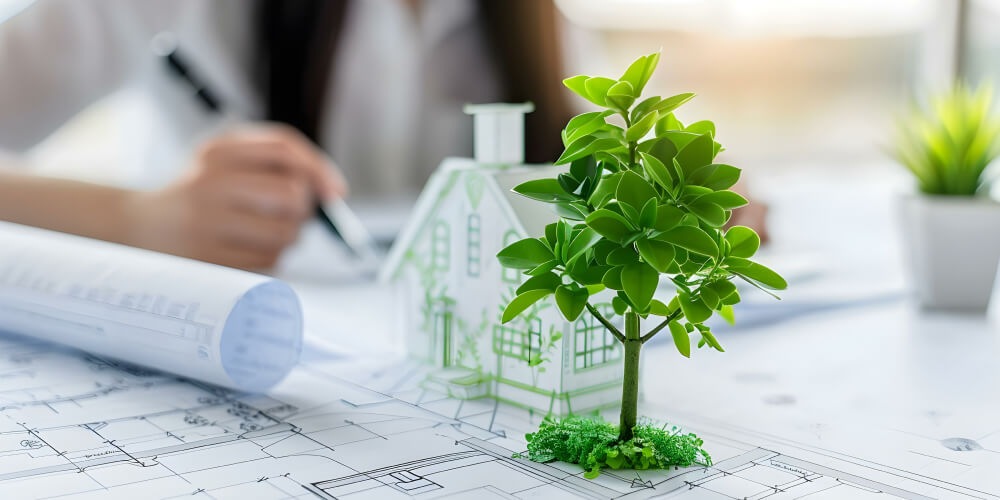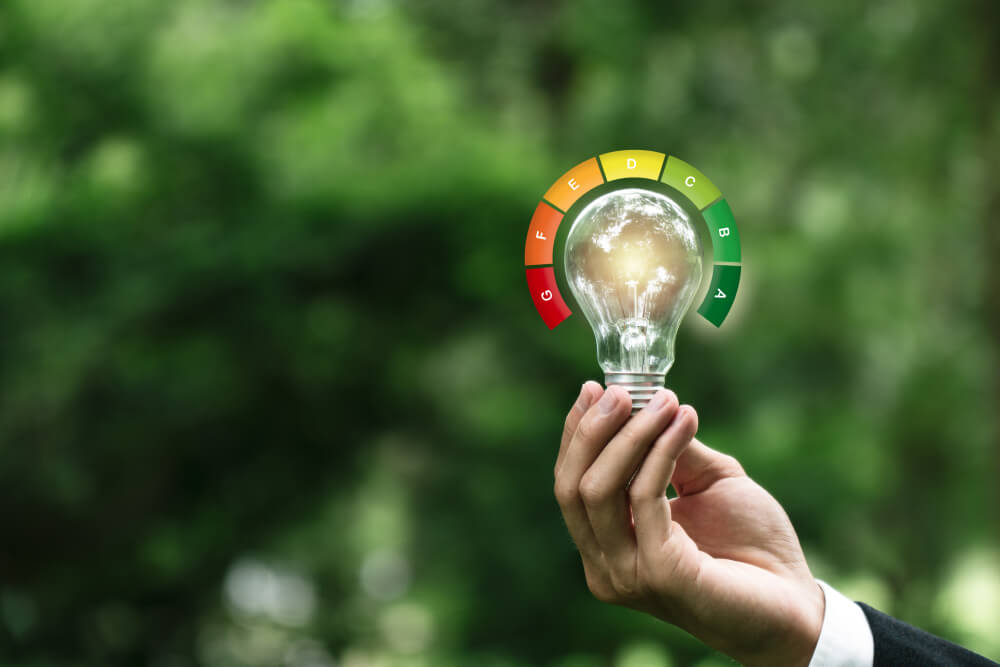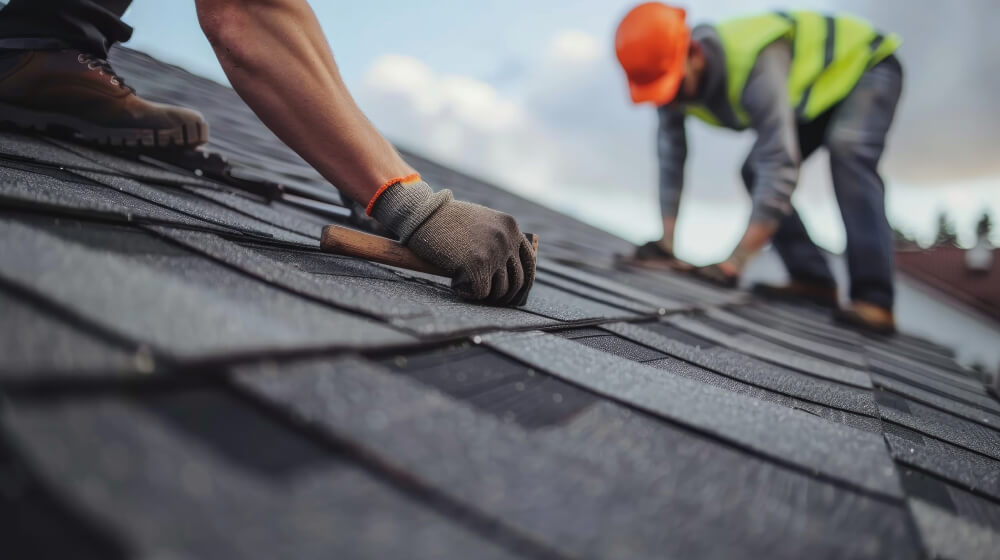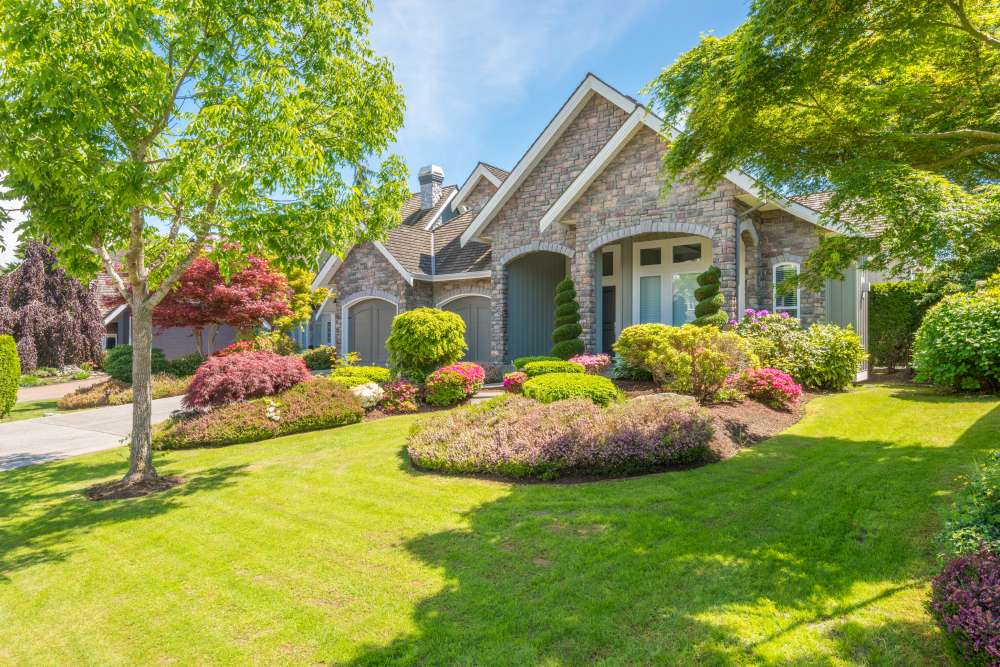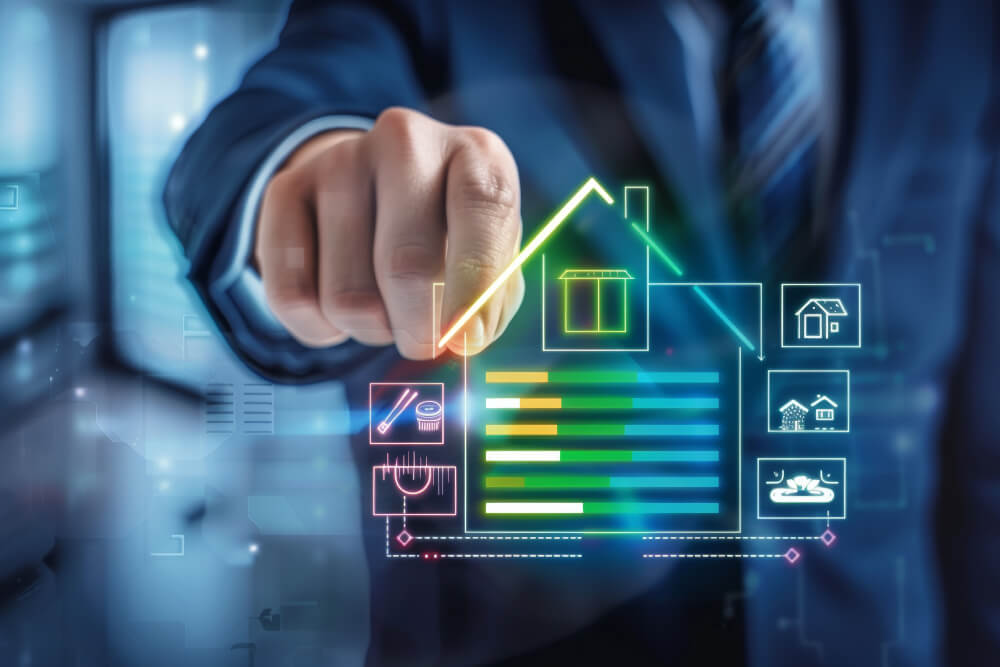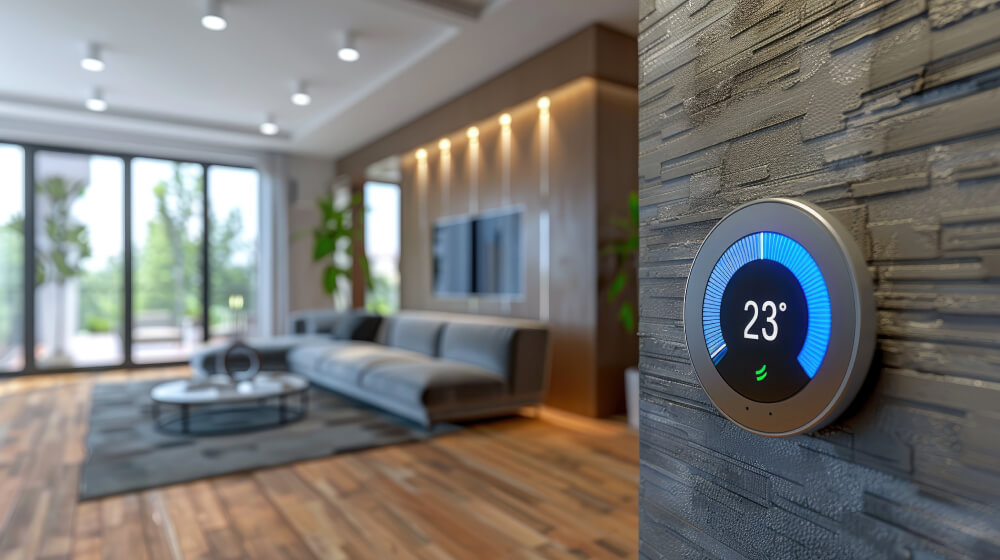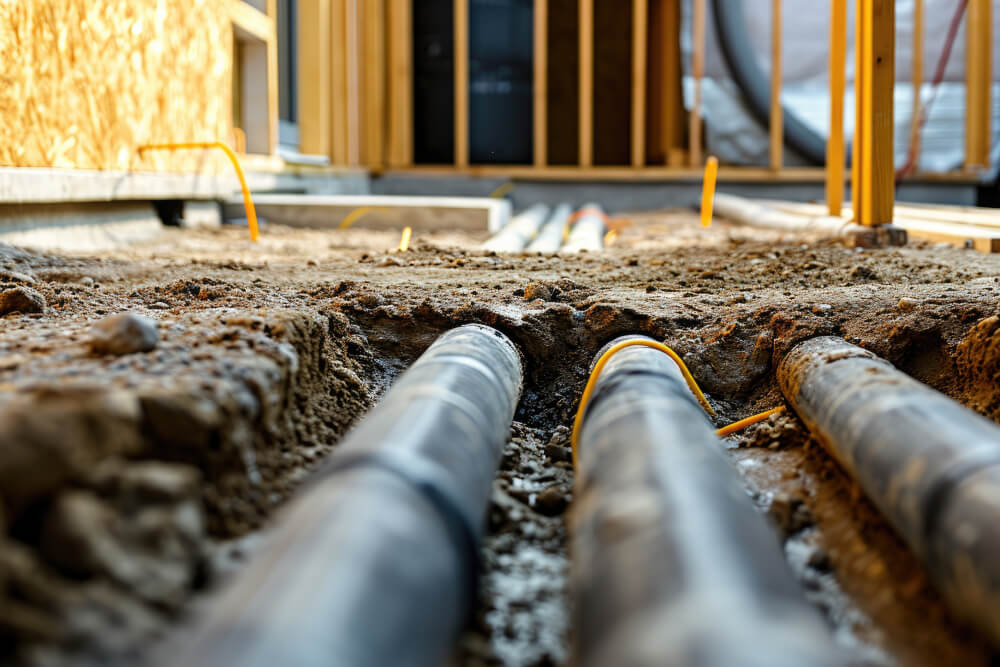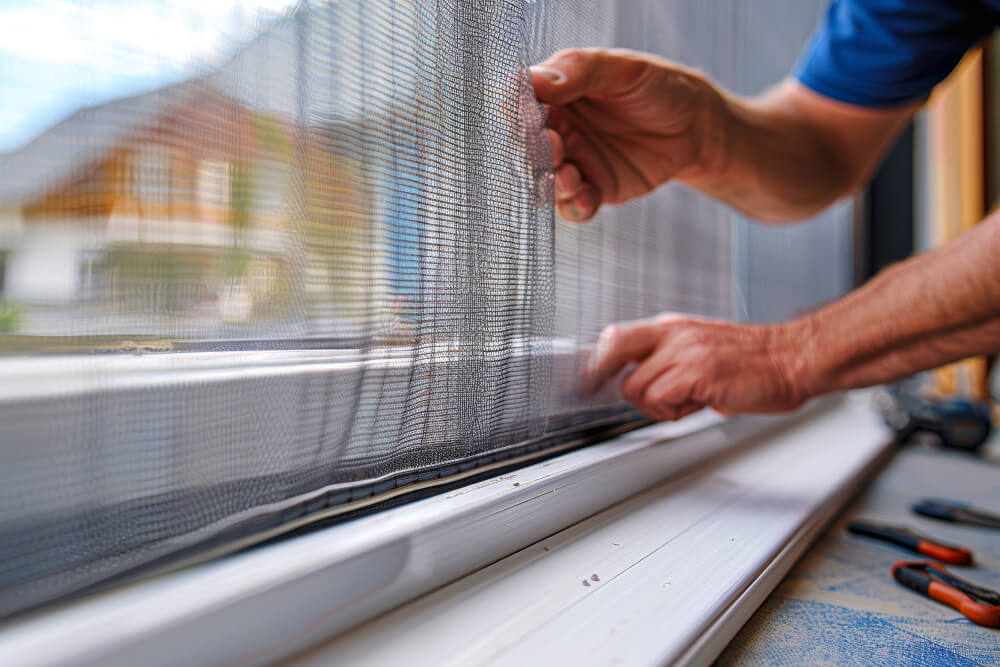1. Smart Thermostats
Adaptive Heating and Cooling:
- Learning Algorithms: Smart thermostats use learning algorithms to understand your schedule and preferences, automatically adjusting the temperature for optimal comfort and efficiency.
- Remote Control: These devices can be controlled remotely via smartphone apps, allowing you to adjust settings from anywhere.
Energy Savings:
- Energy Reports: Smart thermostats provide detailed energy reports, helping you understand your usage patterns and identify opportunities for savings.
- Geofencing: Some models use geofencing technology to adjust the temperature based on your proximity to home, ensuring energy isn’t wasted when you’re away.
2. Smart Lighting Systems
Automated Lighting:
- Motion Sensors: Smart lighting systems with motion sensors automatically turn lights on and off as you enter and leave rooms, reducing unnecessary energy consumption.
- Scheduling: Set schedules for your lights to turn on and off at specific times, enhancing security and energy efficiency.
Energy-Efficient Bulbs:
- LED Integration: Many smart lighting systems use energy-efficient LED bulbs, which consume significantly less energy and have a longer lifespan compared to traditional bulbs.
- Dimming Features: Smart bulbs often come with dimming features, allowing you to adjust the brightness to suit your needs and save energy.
3. Smart Power Strips and Plugs
Managing Standby Power:
- Energy Monitoring: Smart power strips and plugs monitor the energy consumption of connected devices, providing real-time data on usage.
- Automatic Shutoff: These devices can automatically cut power to electronics that are in standby mode, preventing energy waste.
Remote Control:
- App Integration: Control your appliances and electronics remotely via smartphone apps, enabling you to turn off devices when not in use.
- Scheduling and Automation: Set schedules for when devices should be powered on or off, optimizing energy usage throughout the day.
Join HICP Homeowner’s Alliance
Connect with experts, get special discounts and enjoy member benefits
4. Smart Appliances
Energy-Efficient Performance:
- ENERGY STAR Certified: Many smart appliances are ENERGY STAR certified, meeting stringent energy efficiency guidelines set by the U.S. Environmental Protection Agency.
- Adaptive Operation: Smart refrigerators, washing machines, and dishwashers adjust their operation based on load size and usage patterns, optimizing energy use.
Remote Monitoring and Control:
- Status Updates: Receive notifications and status updates on your smartphone, allowing you to monitor and control appliances from anywhere.
- Maintenance Alerts: Smart appliances can send alerts when maintenance is needed, ensuring optimal performance and preventing energy waste.
5. Home Energy Management Systems (HEMS)
Integrated Energy Control:
- Centralized Control: HEMS integrate various smart devices into a single platform, providing centralized control over your home’s energy consumption.
- Data Analytics: These systems analyze energy usage data, offering insights and recommendations for improving efficiency.
Automated Optimization:
- Smart Scheduling: Automatically adjust the operation of devices based on real-time energy prices, weather forecasts, and your personal schedule.
- Demand Response: Participate in demand response programs, where your HEMS can adjust energy usage during peak demand times to help stabilize the grid and reduce costs.
6. Smart Water Heating Systems
Efficient Water Heating:
- On-Demand Heating: Smart water heaters provide hot water on demand, reducing the need for constant heating and saving energy.
- Usage Tracking: Monitor water usage and energy consumption via smartphone apps, helping you identify areas for improvement.
Remote Control and Scheduling:
- Temperature Adjustment: Adjust water heater settings remotely to ensure hot water is available when needed and save energy when it’s not.
- Smart Scheduling: Set schedules for water heating based on your daily routines, ensuring energy-efficient operation.
7. Renewable Energy Integration
Solar Panels and Batteries:
- Smart Solar Management: Smart inverters and energy management systems optimize the production and use of solar energy, maximizing efficiency and savings.
- Battery Storage: Integrate battery storage systems to store excess solar energy for use during peak times or power outages.
Energy Monitoring:
- Real-Time Data: Monitor the performance of your solar panels and energy storage systems in real-time, ensuring optimal operation and efficiency.
- Usage Insights: Gain insights into how much renewable energy you’re generating and using, helping you make informed decisions about energy consumption.
8. Voice Control and Automation
Voice Assistants:
- Hands-Free Control: Use voice assistants like Amazon Alexa, Google Assistant, and Apple Siri to control smart devices hands-free, enhancing convenience and energy management.
- Integration: Integrate voice assistants with various smart home devices to create a cohesive and intuitive home automation system.
Customizable Routines:
- Personalized Automation: Create customized routines that automate multiple tasks with a single voice command, such as turning off all lights, adjusting the thermostat, and locking doors when you say “Goodnight.”
- Energy-Saving Commands: Use voice commands to turn off devices and lights, adjust heating and cooling, and manage energy usage efficiently.
The future of home automation offers exciting possibilities for enhancing energy efficiency, convenience, and sustainability. By integrating smart thermostats, lighting systems, power strips, appliances, energy management systems, water heaters, renewable energy solutions, and voice control, homeowners can significantly reduce energy consumption and costs. Embracing these smart home improvements not only contributes to a more sustainable environment but also creates a more comfortable and efficient living space. As technology continues to advance, the potential for smart home automation to revolutionize energy management will only grow, making it an essential consideration for any modern home improvement project.



